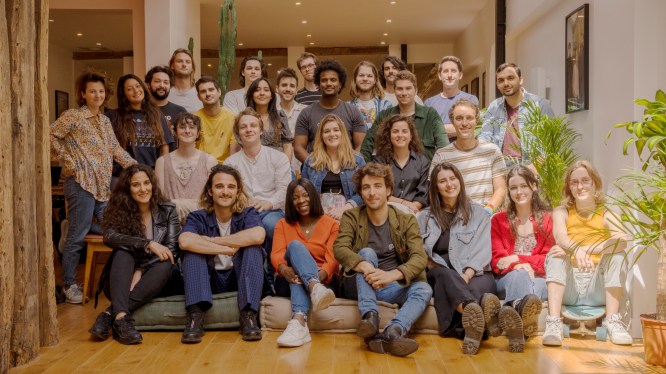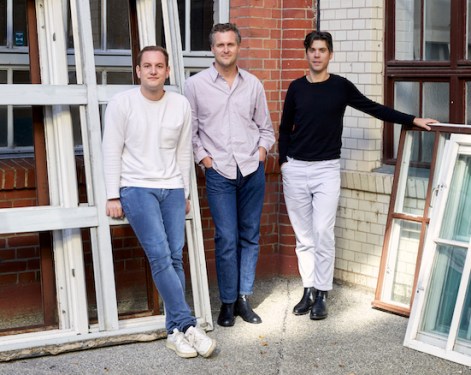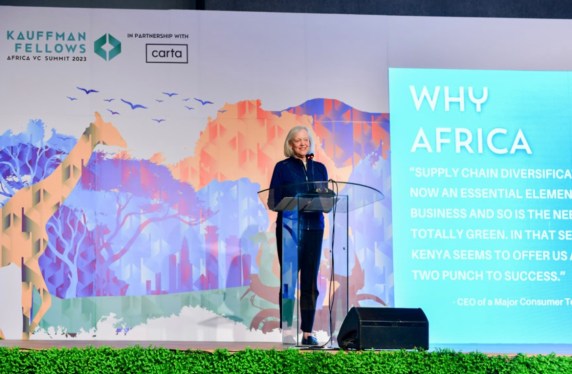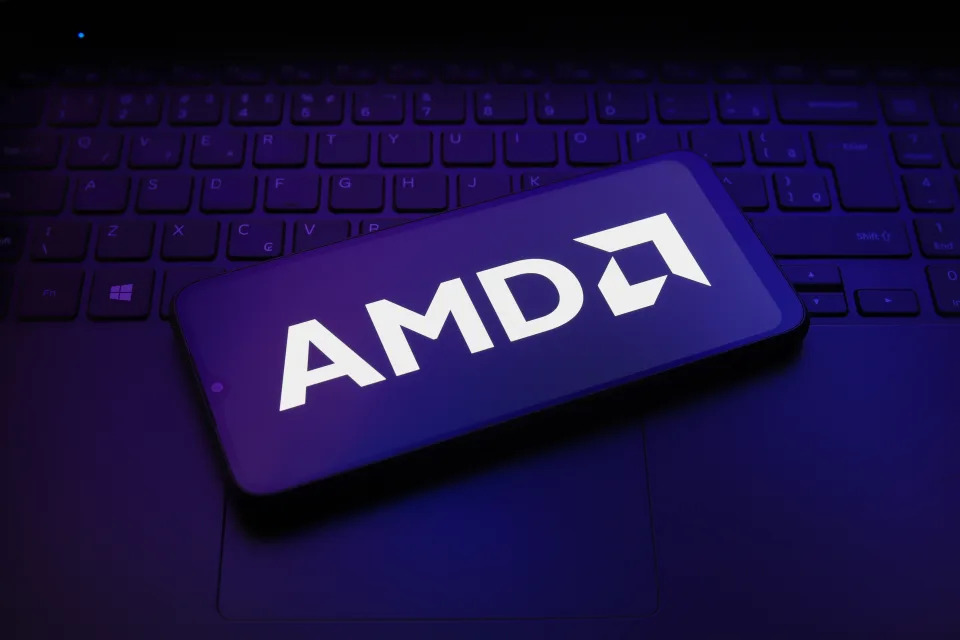The Rise of Independent Music: How Groover and Other Startups are Revolutionizing Promotion
The Challenge of Independent Music Promotion
Last Monday, I stumbled upon Walter the Producer, a Boston-based indie musician. His music wasn’t on any of my favorite playlists, and he had fewer than 150,000 monthly listeners on Spotify. If I hadn’t searched for his song on Shazam while I was 2,000 miles away from home in a brewery in Phoenix, I probably wouldn’t have discovered him.
Finding new music has become somewhat of a game. Walter the Producer even pokes fun at this, stating in his Spotify artist bio: "If you gatekeep me i will hunt you down." The truth is, deep-pocketed artists have always had an advantage over independent musicians when it comes to promotion. But recent algorithm changes on Spotify, the rise of viral TikTok songs, and strategy shifts at music publications like Pitchfork and Rolling Stone have made it even more challenging.
The Democratization of Music Creation
The ease with which anyone can create music has inspired a new wave of innovation in the music industry. Independent artists now have access to various tools and platforms that allow them to produce high-quality music without breaking the bank. However, this democratization of music creation also brings its own set of challenges.
Romain Palmieri, co-founder and CEO of Groover, a Paris-based startup launched in 2018, agrees with this sentiment: "Independent artists have more access to music creation, which is great and creates more creativity, but the main challenge for artists is how can you promote the music and get heard by the right people and get the right curation by the right people."
Groover: A Solution for Independent Artists
Groover aims to bridge this gap by providing a platform where independent artists can submit their music to individual curators who provide feedback and amplify music they believe is good. Palmieri says that he, along with his two co-founders, started Groover to address the promotion issues they encountered in their respective music careers.
The platform has gained significant traction since its launch, with over 100,000 artists and curators signed up worldwide. Groover sets the prices for its curators, ensuring a fair revenue stream for both parties. This innovative approach has disrupted traditional music promotion methods and provided independent artists with a more accessible and cost-effective way to reach their target audience.
Other Startups Revolutionizing Music Promotion
Groover is not alone in this space; other startups are also working towards democratizing music promotion. For instance, some platforms allow artists to create their own playlists and share them on social media, while others provide tools for discovering emerging talent.
The benefits of these innovative solutions go beyond just promoting independent artists. By providing a more level playing field, they can help bridge the gap between established acts and newcomers, fostering a more vibrant and diverse music scene.
Update: Groover’s Pricing Model
It has come to our attention that Groover sets the prices for its curators, rather than allowing them to set their own rates. This clarification is an important update to the original story.
The Future of Music Promotion
As the music industry continues to evolve, it’s clear that independent artists will play a significant role in shaping its future. With platforms like Groover and other innovative startups on the rise, we can expect to see more exciting developments in the world of music promotion.
By providing accessible and cost-effective solutions for independent artists, these startups are not only democratizing music creation but also paving the way for a more inclusive and diverse music industry. As the landscape continues to shift, one thing is certain: the future of music promotion will be shaped by innovation, creativity, and a willingness to disrupt traditional methods.
Related Topics
- Europe
- Media & Entertainment
- Music
- Promotion
- Startups
- Venture capital
About the Author
Rebecca Szkutak is a senior reporter at TechCrunch, covering venture capital trends and startups. She previously worked for Forbes and the Venture Capital Journal, where she covered the same beat.












